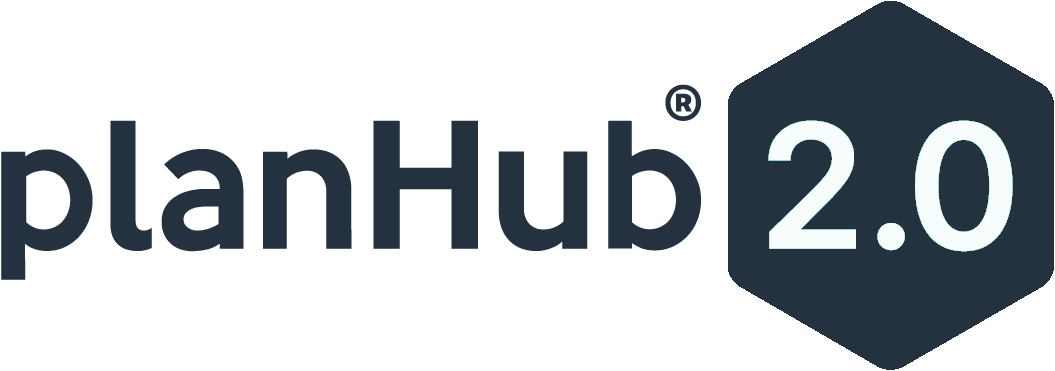What is the difference between a construction manager and a general contractor? The two roles are very similar, and, in fact, can be performed by the same company at the same time. Contractually the two differ by the level of responsibility for the quality and performance of the construction work.
If you’re a general contractor who’s looking to add construction management services, this article will help you understand the additional services you’ll need to provide.
General contractor roles
A general contractor (GC) oversees and coordinates the day-to-day activities on a construction jobsite. They are also responsible for subcontractor management and workforce scheduling. In some cases, they may order materials and be responsible for ensuring that they get to the job site in a timely fashion.
A GC usually finds out about a job after the design is complete. At that point, the project is sent out to multiple contractors for bids, and GCs recruit subcontractors to provide pricing for trade work. A GC may also have their own workforce that performs a portion of the construction work, like framing or concrete. The GC is responsible for finding and getting bids from quality subcontractors for all the trades in the building project.
The GC communicates with the project owner, architect, and design team about potential construction challenges or changes to the work. They are responsible for managing the project’s construction budget, ensuring that the owner’s budget needs are met. If the contract is for a lump sum, the GC’s profit is the price of the work less costs. This provides an incentive for saving money and expediting the building project.
The general contractor is responsible for ensuring that the construction project meets local building codes and that the necessary inspections are completed and passed. Often, the GC is held responsible when there are problems with work quality or the performance of subcontractors. The GC has a contractual obligation to defend the project owner from claims and help them if there is a problem with the work.
Construction manager roles
A construction manager (CM) is similar to a general contractor. In fact, general contractors can perform the role of construction manager if they are brought onto the team at the beginning of design. The CM is responsible for overseeing the all phases of a construction project from the owner’s perspective. They provide oversight for quality control, code compliance, and project budget decisions.
A CM is usually brought into projects at the very beginning of the design process. They provide valuable feedback to the owner and architect regarding the constructability of the project, budget, and scheduling.
The CM is part of the owner’s project team and is generally paid a fee by the owner. They serve as the conduit between the general contractor and the owner and may provide additional services in the role of an owner’s representative. Their selection is not based on a competitive bid but is usually based on qualifications and their relationship with the owner.
Construction manager vs general contractor comparison
| Construction Manager | General Contractor |
| On board at beginning of design | On board after design is complete |
| Paid a fee by the owner | Profit is the price less costs |
| Oversees quality control, code compliance, design intent, budget, schedule | Oversees quality control, code compliance, budget, schedule |
| May oversee project bidding | Bids work and chooses trade contractors |
| Not responsible for the work | Legally and contractually responsible for the work and its performance |
| Selected by qualifications, not necessarily price | Generally selected by lowest bid |
General contractors looking to provide construction business management services will need to add skills such as design review, constructability review, preliminary budgeting, quality control, and project management. With these additional services, you can market confidently to project owners and provide them with a service that’s in high demand. Visit PlanHub today!
In our article on construction manager vs general contractor, we discussed the differences and similarities between the two roles.
What Does a Construction Project Manager Do?
A Construction Project Manager (PM) is responsible for entire construction projects. They manage these projects from the beginning of the construction process to the end and are responsible for ensuring the project’s successful completion on time and on budget.
The Construction Management Association of America (CMAA) defines construction project management as “a professional service that provides a building project’s owner(s) with effective management of the project scheduling, cost, quality, safety, scope, and function.”
With this in mind, construction project managers have many responsibilities. They include planning the entire project, managing data, managing risk, using resources effectively, managing the project’s budget, and communicating with the project team.
Planning
One of the key responsibilities of a construction project manager (PM) is to plan the project before it begins. The PM usually breaks the project into stages or phases to facilitate this process. From there, they schedule the trade work and project milestones that have to be met.
During the project, safety is also a primary concern, and a PM must be aware of all the safety concerns in each phase of the work and ensure that the project follows the different rules and regulations in each phase of the project.
The PM may be someone from the general contractor’s team or may be hired as a third party to help run the owner’s projects. If the PM is not part of the contractor’s team, they may help the owner during the bidding process and with contractor selection.
Manage data
A PM receives data from many sources on a project, and they are responsible for tracking it. Data may consist of construction costs, budgets, schedules, progress reports, and safety concerns. Most owners and contractors use construction project management software to help them, and their construction team manages it all.
PMs review reports on a regular basis to help them stay on top of outstanding issues. And they’re responsible for replying to daily communications from all parties on the project. On large projects, there may be hundreds of communications a day. They must sift through them all, determine their value, and handle issues as they come up.
Control risk
The PM is responsible for managing several types of risk on construction projects, including changes to the work, conflicts, and safety concerns. They must be aware of these risks at all times and use communication as a key tool in their arsenal. They hope to predict problems before they happen, and many use construction software to help them with their predictive analysis. By reviewing data from the software on a regular basis, they can spot trends and notice outstanding issues.
Manage resources
Construction project managers are responsible for managing labor, equipment, and materials on the project. They ensure that all contractors on the construction site have what they need when they need it. Conflicts and delays are addressed by rescheduling work or moving resources, like labor and equipment. The PM must continually monitor the construction schedule and budget to know what resources are available and whether the project can afford to use them.
Budget
One of the key responsibilities of a construction manager is to monitor the budget for a project. They review and revise the budget periodically to reflect changes occurring in the project. Budgets are often updated monthly and given to the owner for review and approval.
The PM must also be able to project the remaining costs to finish the project so everyone knows if it’s on budget or not. This requires regular communication with the project owner on expectations and approval of changes.
Communication
Project managers build relationships with the project team, project owner, design teams, construction estimators, and contractors. These relationships are built on trust and the ability to be open about issues on the job. Hundreds of communications take place daily on large projects, and project managers need to sort through them all.
Communication breakdowns can lead to project scheduling delays, added construction costs, and broken relationships, which are all costly to a project.





